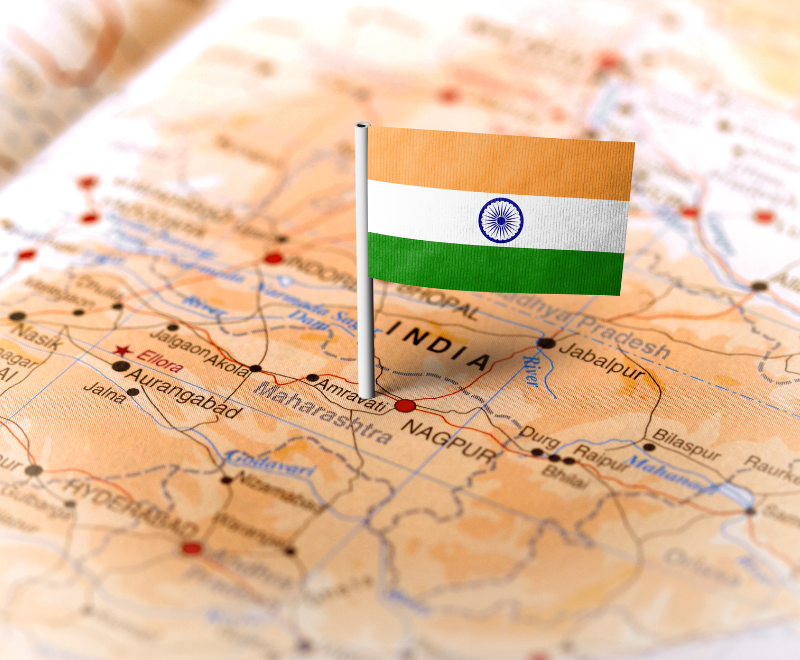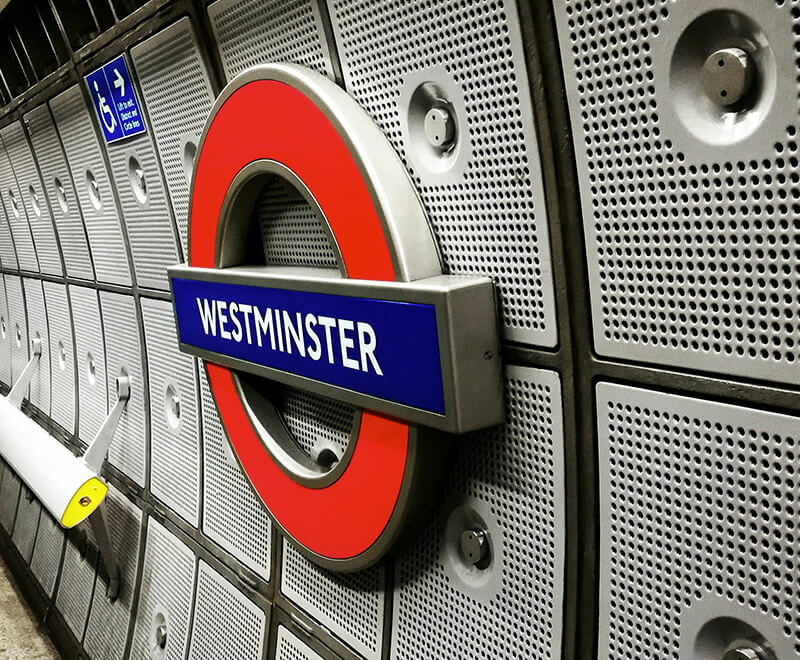There are still lots and lots of results to come in but it looks like the overall picture won’t change. Here are the five things we learned from the local elections 2017.
- Disaster for Labour
Today has seen a litany of excuses from the Labour leadership. The party has lost more than 250 seats and control of five councils, including Glasgow which they held for 40 years. The party lost 40% of the seats it was defending in England and Wales received the worst polling for an opposition party the BBC started recording in 1981. John McDonnell has spent the day in the firing line. Starting on the Today Programme, he claimed that “it was not the wipe-out many predicted”. Nick Robinson responded by branding him “delusional”.
Without dwelling on the scale of today’s catastrophe for Labour, the question on many peoples’ minds is what today means for the General Election in five weeks’ time. In numerical terms, according to Sky News, the breakdown of today’s vote predicts a much smaller victory for the Conservatives than the landslide which some have been talking about. Their analysis indicates a majority of 48 in the General Election. Conversely the renowned psephologist Professor John Curtice has said that the results looked like a harbinger of a big Conservative victory on June 8.
Bizarrely, the message from both camps is that today’s results stand for little.
- UKIP in its death throes
At the last election in 2015, UKIP won a staggering 3.8 million votes but yesterday’s vote appears to signify a fairly abrupt end to this rise. After results in 63 councils, UKIP has lost 108 councillors and only made a single gain. The party has been effectively wiped out in its former strongholds, losing 13 seats in Lincolnshire and all nine representatives in Essex. As former MP Douglas Carswell said today, “job done”.
This collapse doesn’t come as much of a surprise though. The party has arguably achieved its objective and is struggling to come up with a new reason for its own existence. However, UKIP still has a potentially crucial role to play in the upcoming General Election. Where will these votes go once they have left UKIP’s sinking ship? With Labour in disarray and a significant ramping up of Brexit rhetoric from the Prime Minister, the Conservatives appear to be the only game in town for these voters. And this could have a major impact on the scale of the Tory majority. As Professor Matthew Goodwin of the University of Kent points out, if 50 per cent of UKIP’s 2015 voters switch to the Conservatives, then 31 Labour seats are at risk. It looks like UKIP’s loss is the Conservatives’ gain.
- Tory surge north of the border
The Conservatives were expected to make gains in these local elections but there have still been a few surprises here and there for them. The results are still coming in from Scotland but they have already increased their number of councillors by more than 100, including in areas that haven’t gone blue for decades. Whilst the headline story in Scotland is still one of Labour demise, with the SNP on course to replace Labour as the biggest party in Glasgow, the Tories will be pleased with the gains they have made – at least in private.
The issue at the heart of the General Election campaign in Scotland will of course be independence but today’s local election results seem to indicate that voters are tiring of the SNP’s obsession with another referendum. Furthermore, the SNP’s Westminster leader Angus Robertson will no doubt be concerned to see the Tories outpolling the Nationalists in the council area covering his Moray seat. It certainly looks like Ruth Davidson’s “Scottish fightback against the SNP” has legs.
- What happened to the Lib Dem surge?
Despite making progress in vote share, the Lib Dems underwhelmed at the local elections. Tim Farron’s party failed to make inroads in key targets like Cheltenham and didn’t even make it into the final round of the West of England Mayoralty. Tim Farron’s strategy is clear: steal votes from across the spectrum by campaigning vigorously as an unashamed pro-EU party. This appears to be working in the sense that it is attracting votes but it doesn’t seem to be converting into the surge that everyone predicted.
Tim Farron’s response has been to position today’s results as a wakeup call as he doubles down on the message that the Lib Dems are the only route to preventing Tory tyranny. This is a potentially potent message and it appears likely that his party will win a number of significant seats in June. However, the scale of their success will be defined by their ability to target seats effectively.
- The Metro Mayors arrive
Whilst Andy Street’s slightly surprising victory in the West Midlands will grab a lot of the headlines, Ben Houchen’s victory in Tees Valley is arguably the more significant result – a shock Conservative victory in Labour’s northern heartlands.
The Labour candidate Steve Rotheram did become Liverpool’s first metro mayor, and Andy Burnham comfortably won Manchester. It looks like Labour’s hopes for a regional power base is still alive but somewhat confined to the North West of England. That makes this region a key battleground and one to watch in the General Election. Having chosen to launch her campaign in Bolton, Theresa May is clearly targeting the North West as part of her strategy to win over Labour voters concerned about a clean break with the European Union.
Looking for a trusted public affairs agency? Our team helps with crisis communications to help manage any situation. Contact us today to learn more about how we can help!



